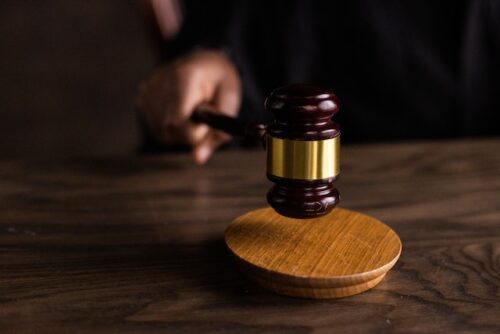
On January 20, 2025, the White House issued a new executive order emphasizing border security and immigration law enforcement. This sweeping order outlines measures aimed at strengthening the U.S. border, curbing unauthorized immigration, and addressing the challenges posed by illicit activities at the southern border.
What Are the Primary Goals of the Executive Order?
The order focuses on combating unauthorized immigration and ensuring operational control of the southern border. Key objectives are as follows:
- Building and Enhancing Physical Barriers: Construction of walls and other barriers will be expedited to secure the border more effectively.
- Increasing Personnel Deployment: More resources, including military and law enforcement personnel, will be deployed to manage border security.
- Enforcing Detention Policies: The practice of “catch-and-release,” where individuals apprehended for immigration violations are temporarily released, will be terminated. Instead, individuals will be detained until removal proceedings conclude.
- Strengthening Prosecution Efforts: The government will prioritize prosecuting human trafficking, child exploitation, and other border-related offenses.
How Will This Affect Individuals at the Border?
The order reinstates the Migrant Protection Protocols (MPP), requiring individuals seeking asylum to remain outside the U.S. while their cases are processed. This policy, combined with a crackdown on parole programs such as “Processes for Cubans, Haitians, Nicaraguans, and Venezuelans,” signals stricter scrutiny for individuals attempting to enter the country without prior authorization.
What Changes Will Families and Sponsors See?
The Department of Homeland Security (DHS) has been directed to use advanced technology to verify family relationships among migrants. DNA testing may become a routine part of the process. This step aims to prevent fraudulent claims of familial ties, which could complicate the processes for genuine applicants.
What Does This Mean for Employers and Local Law Enforcement?
Employers and local law enforcement may face increased expectations under this order. The federal government plans to collaborate more closely with state and local agencies to enforce immigration laws. Employers hiring undocumented workers may see heightened inspections and penalties, underscoring the importance of compliance with employment verification requirements.
If you or someone you know is affected by this Executive Order, it is critical to consult with an experienced immigration lawyer. Legal counsel can help evaluate eligibility for relief, represent individuals in removal proceedings, and advocate for clients during asylum or visa processes.